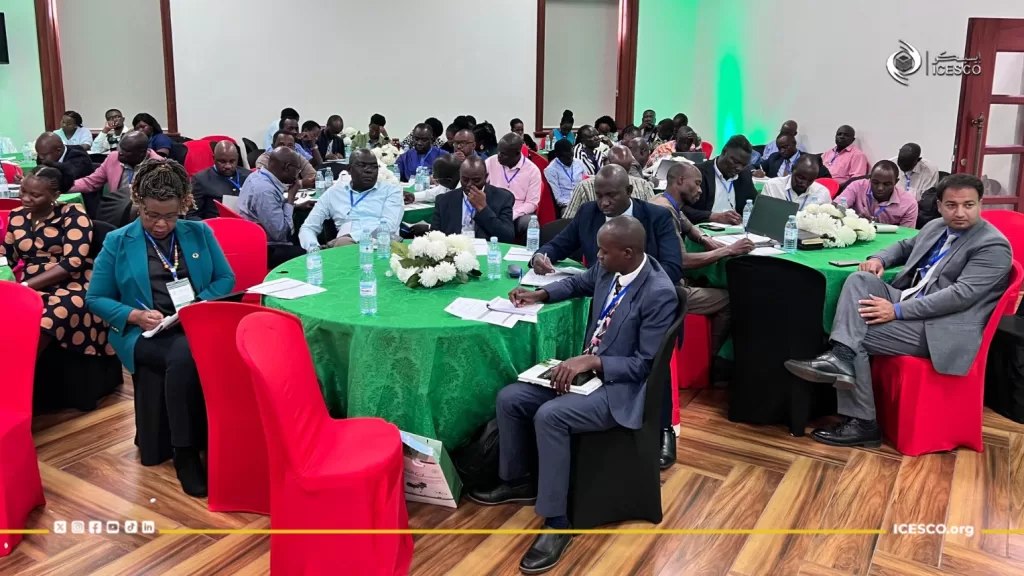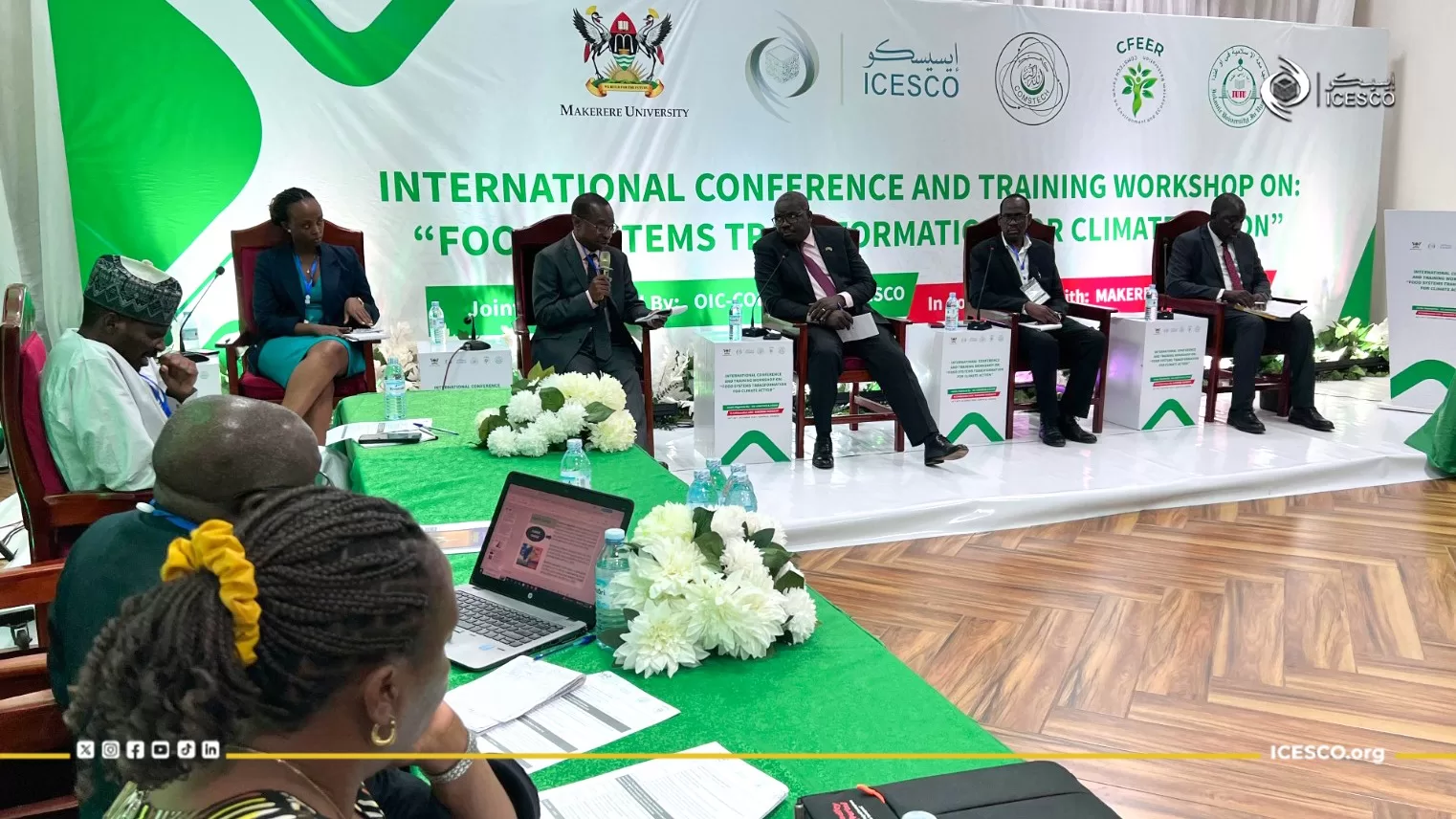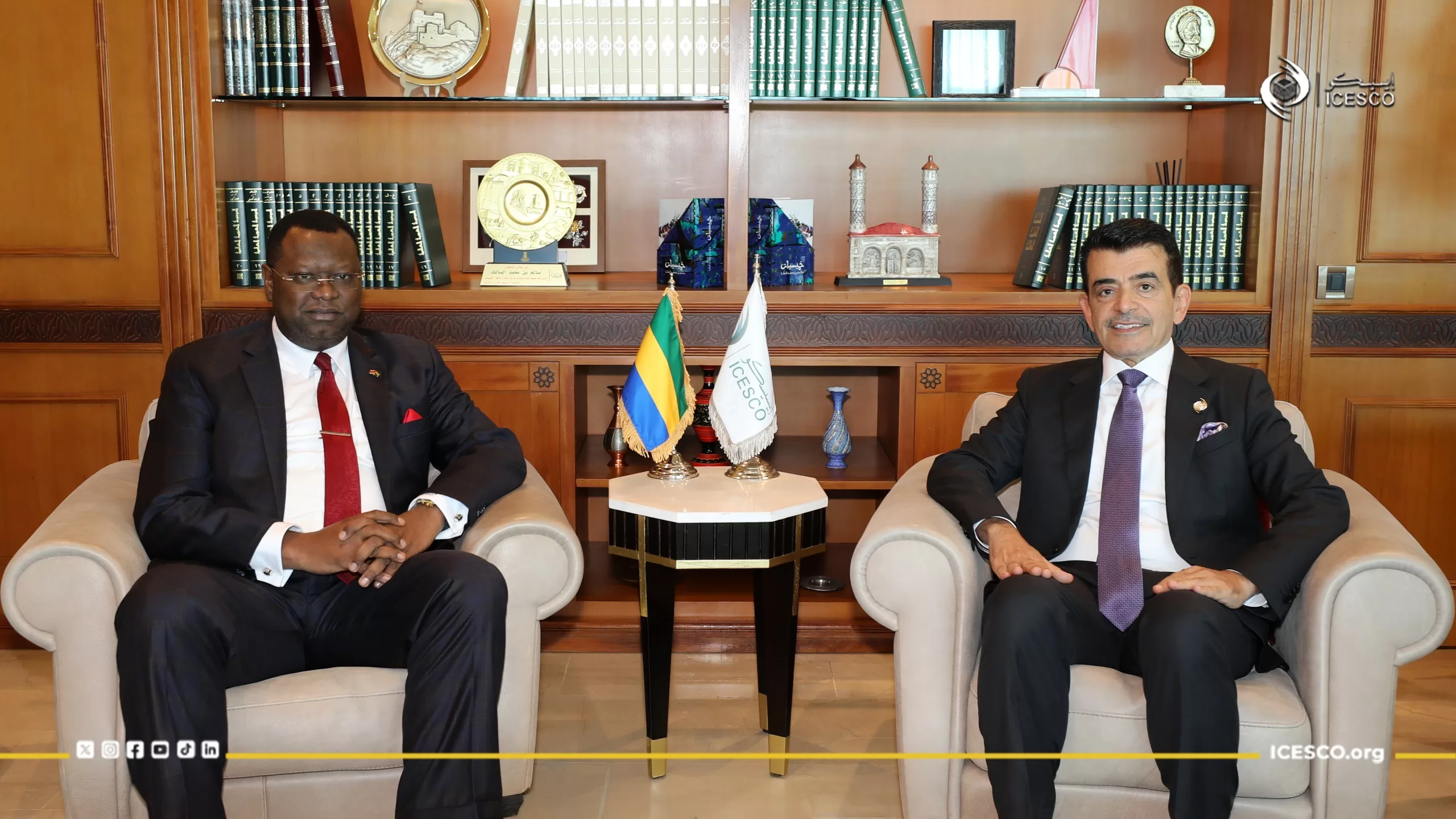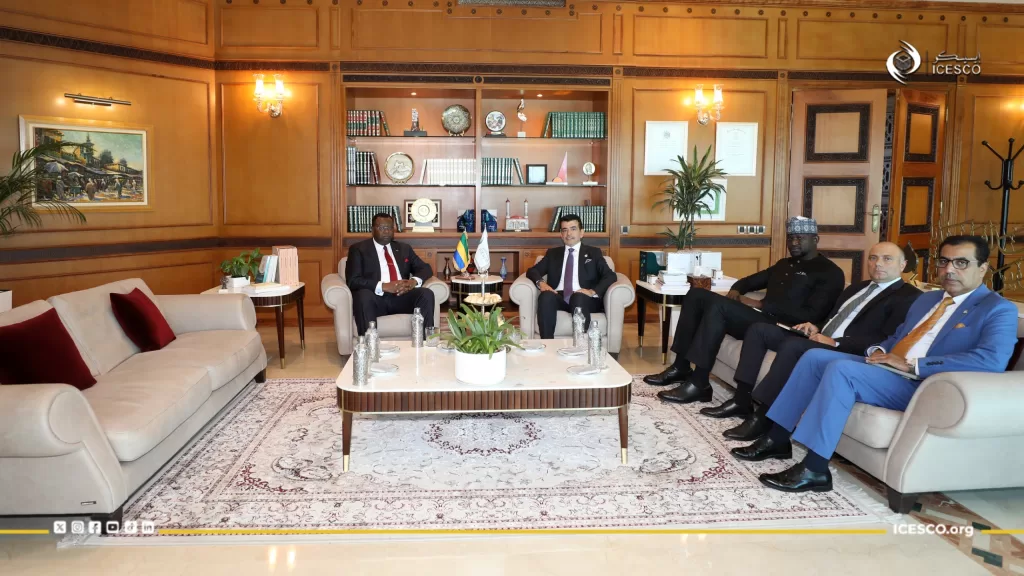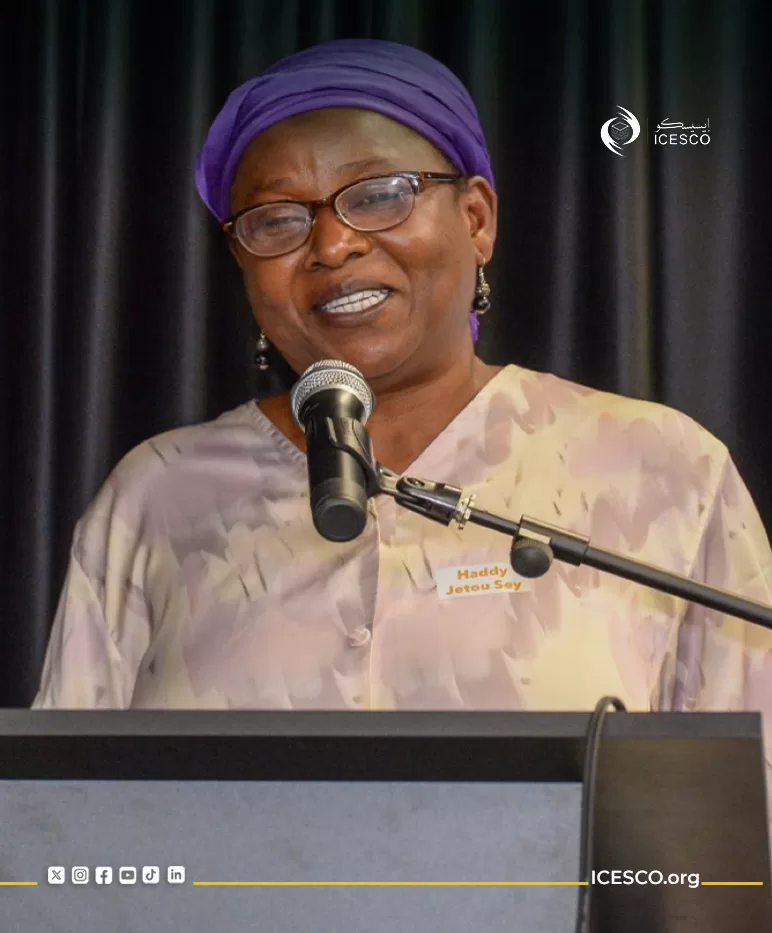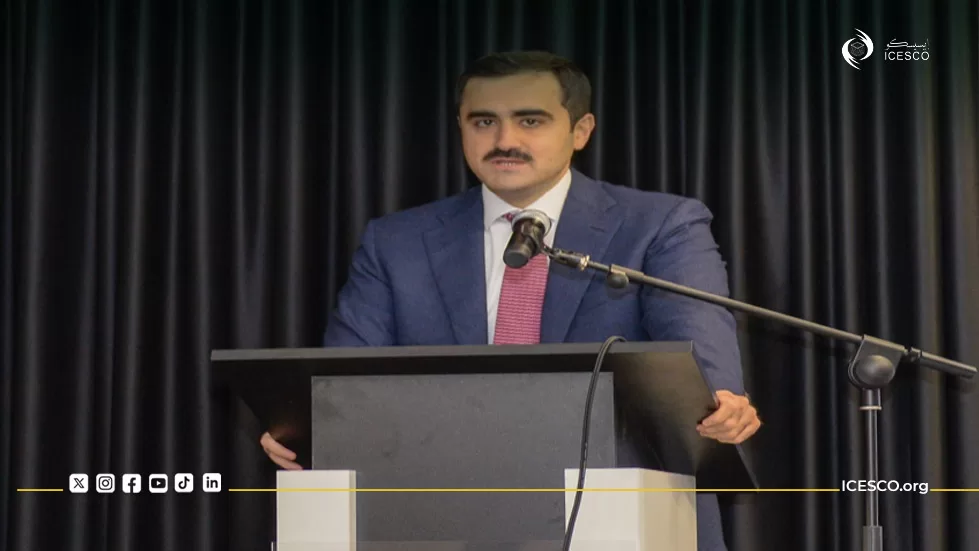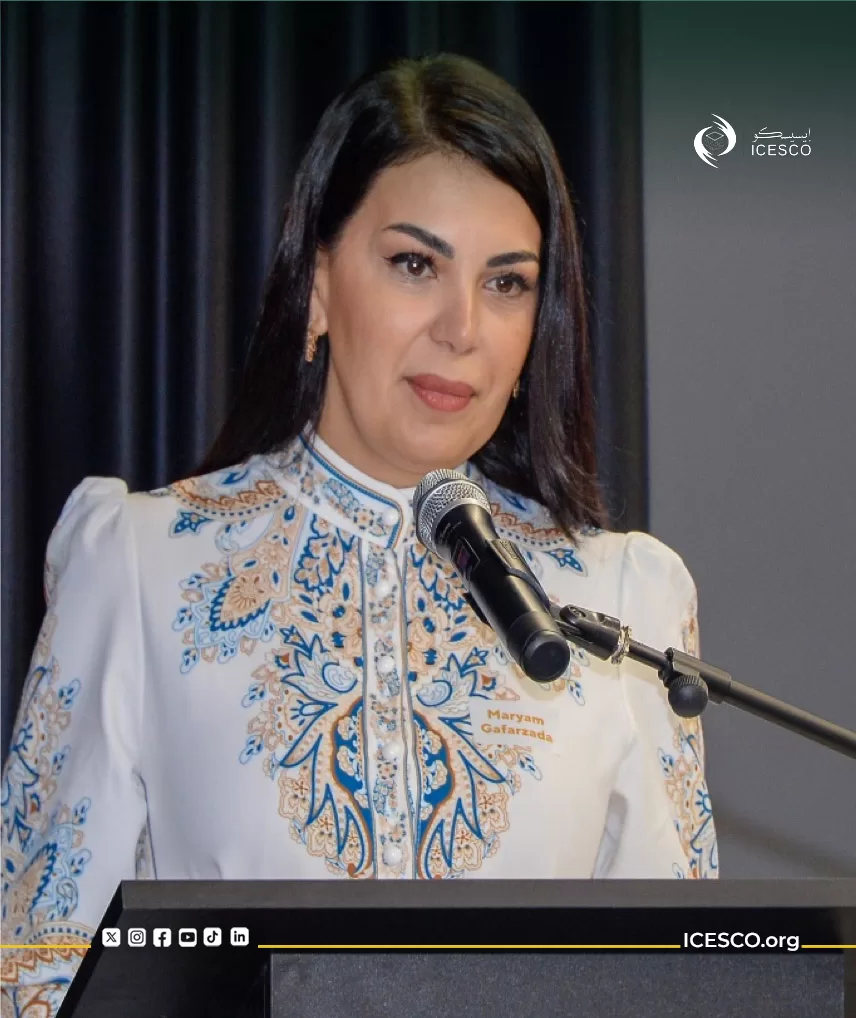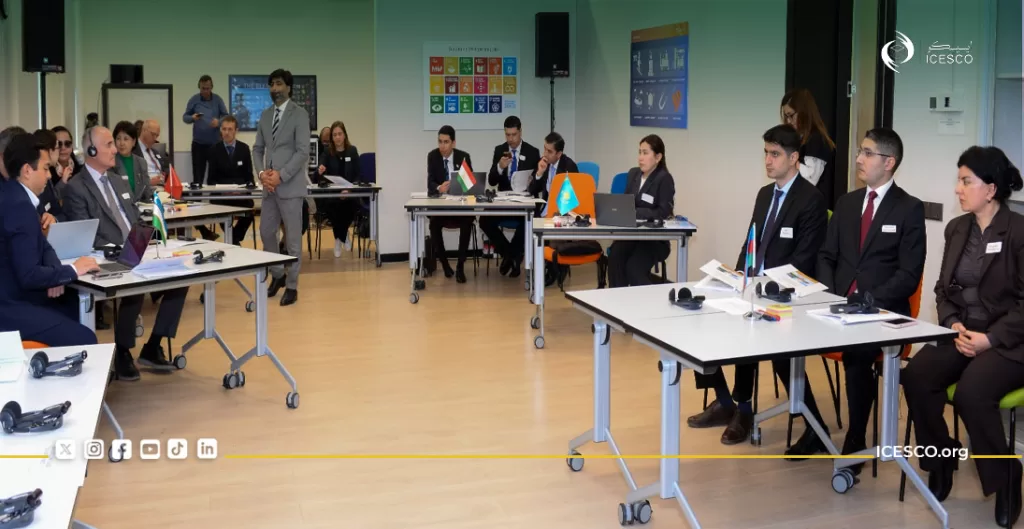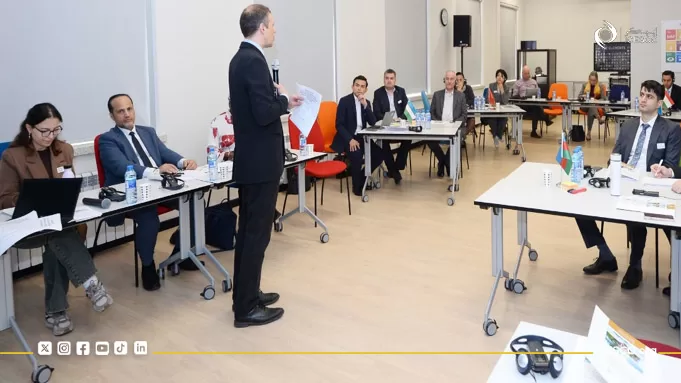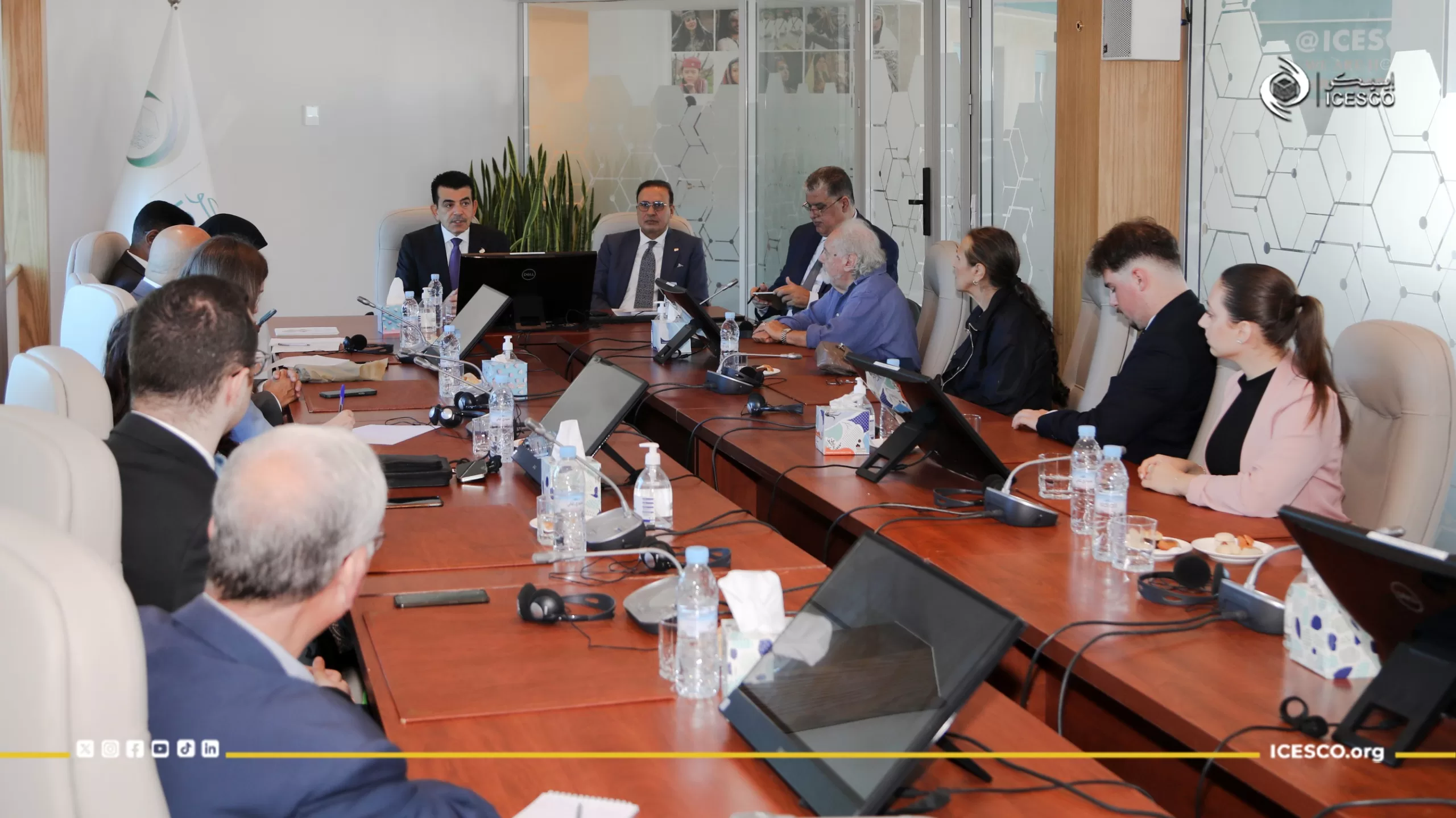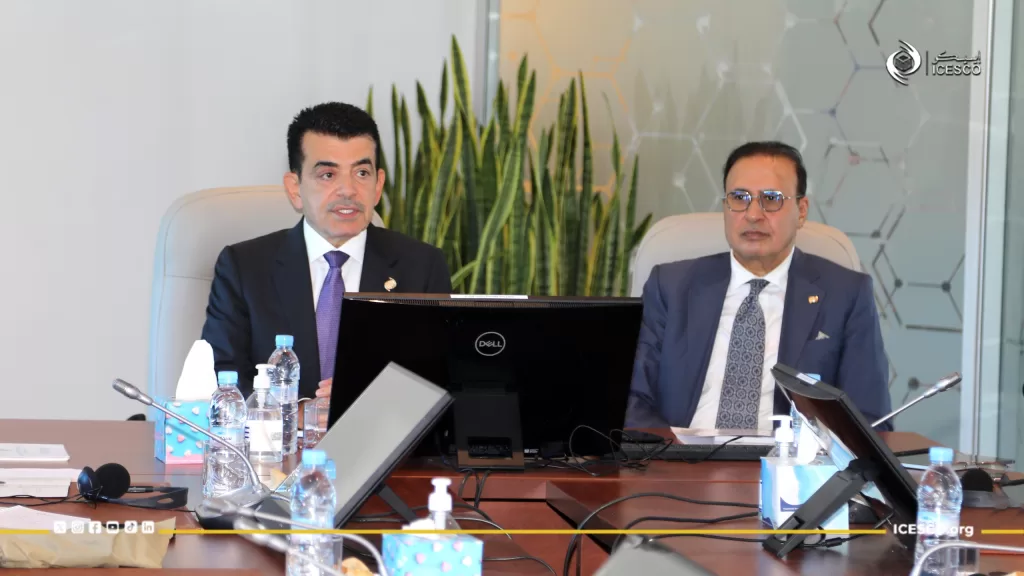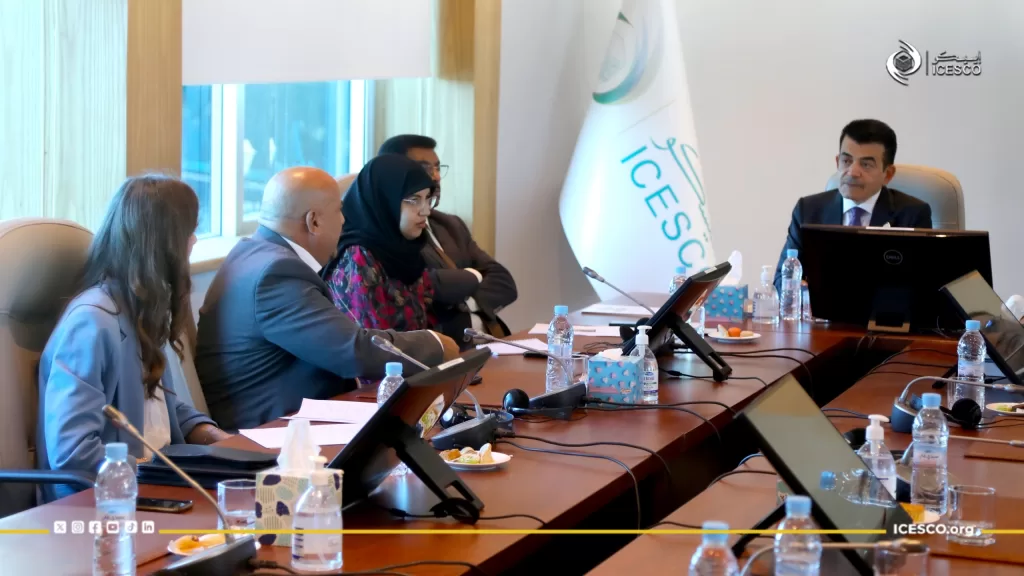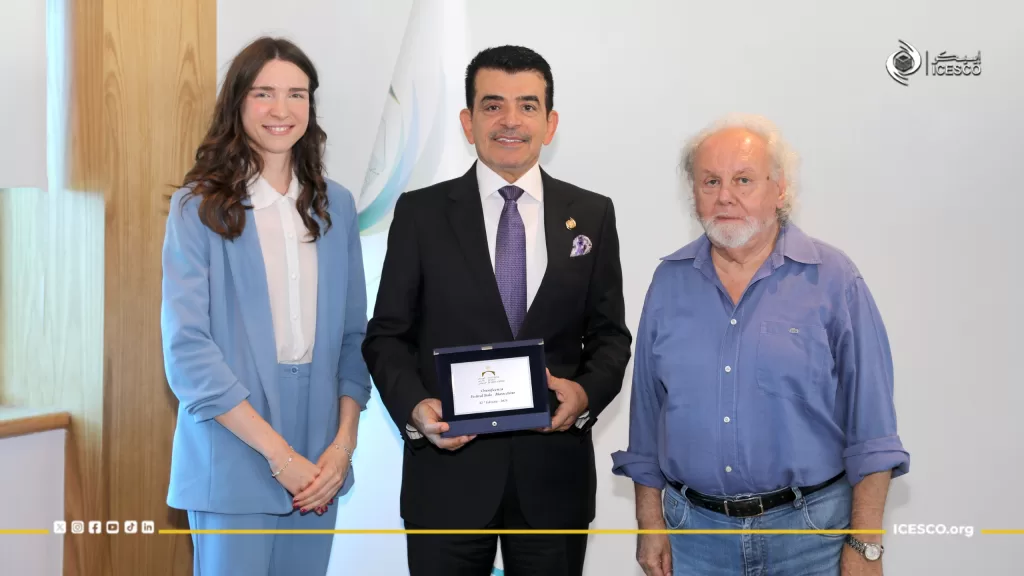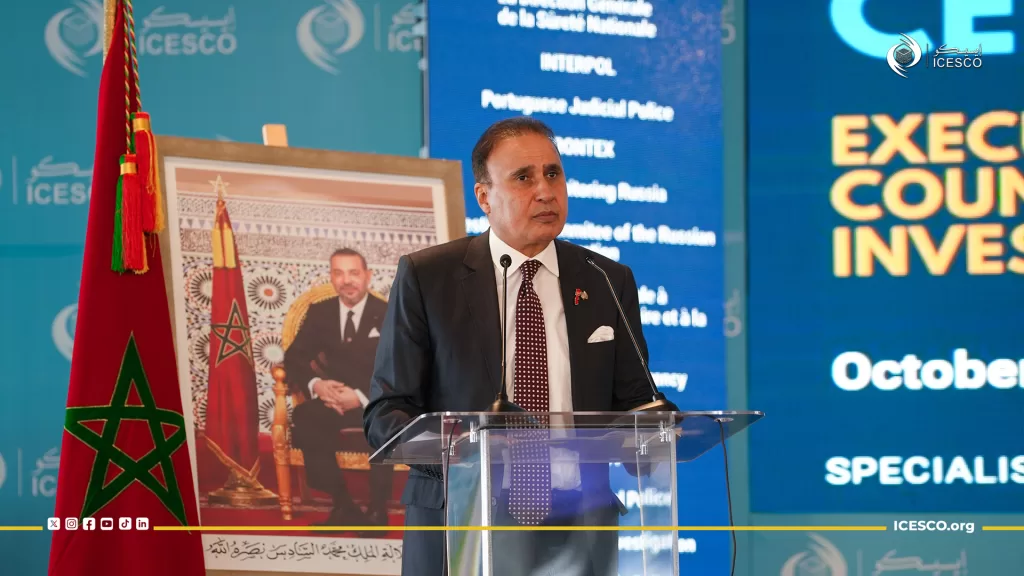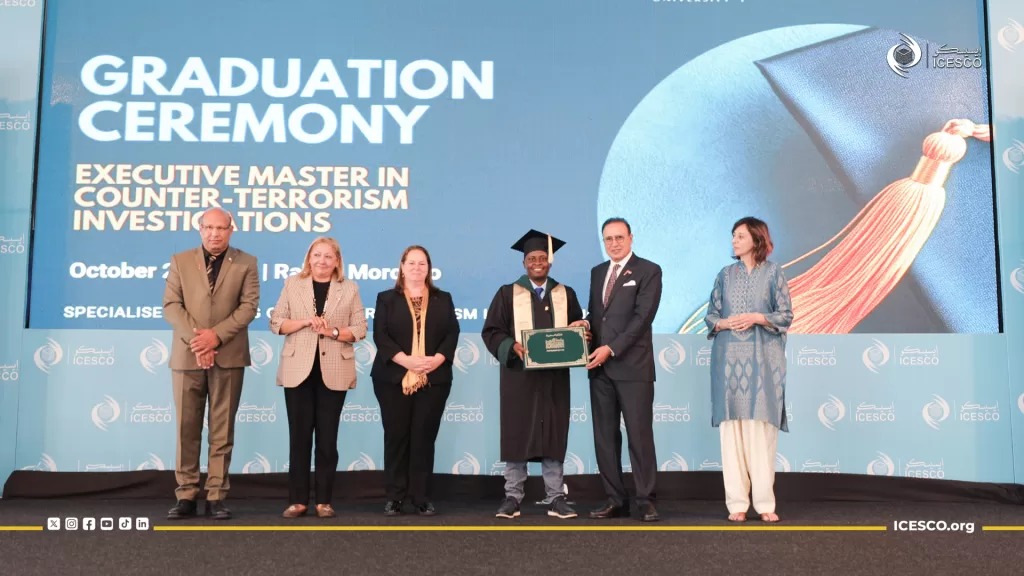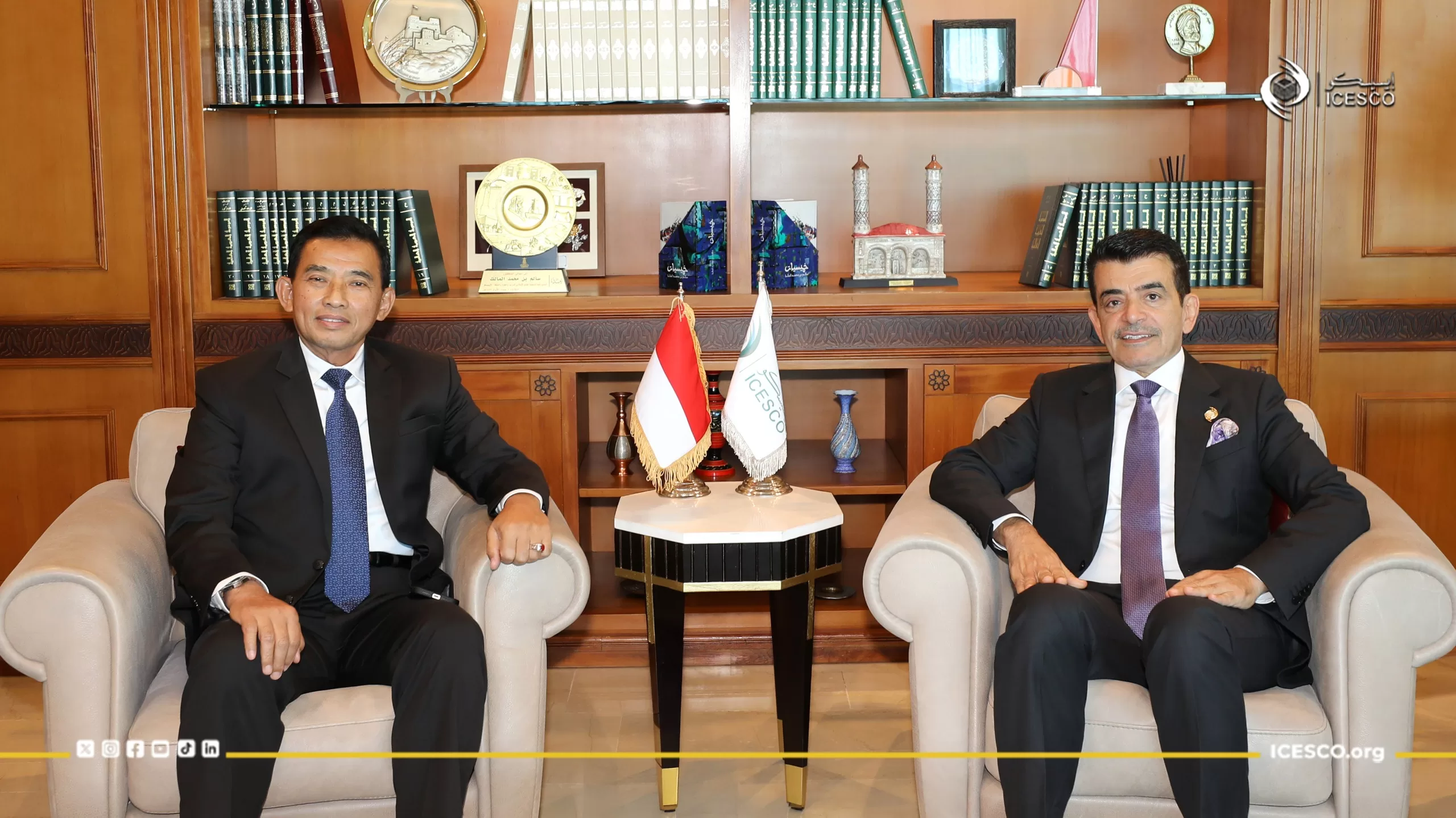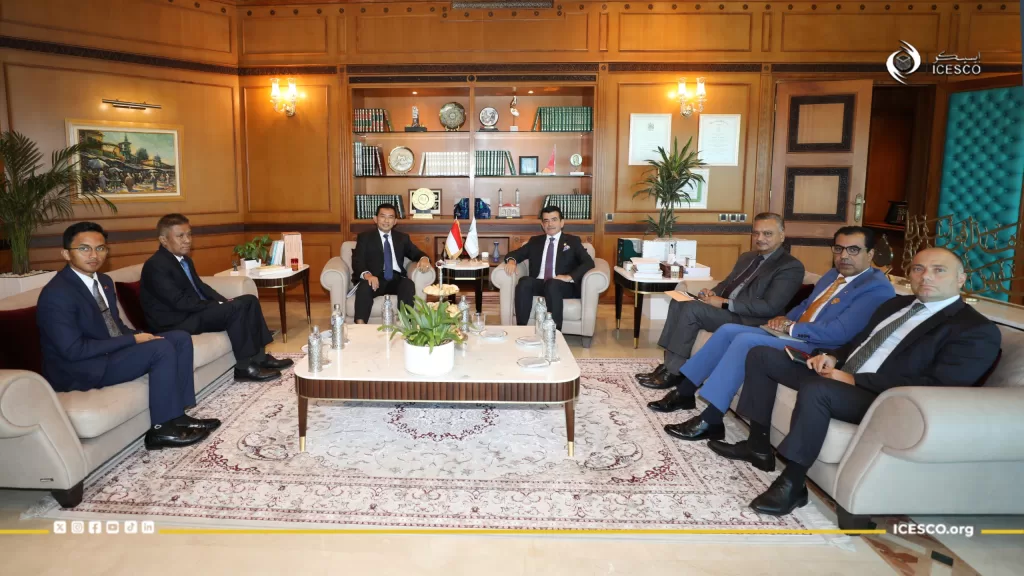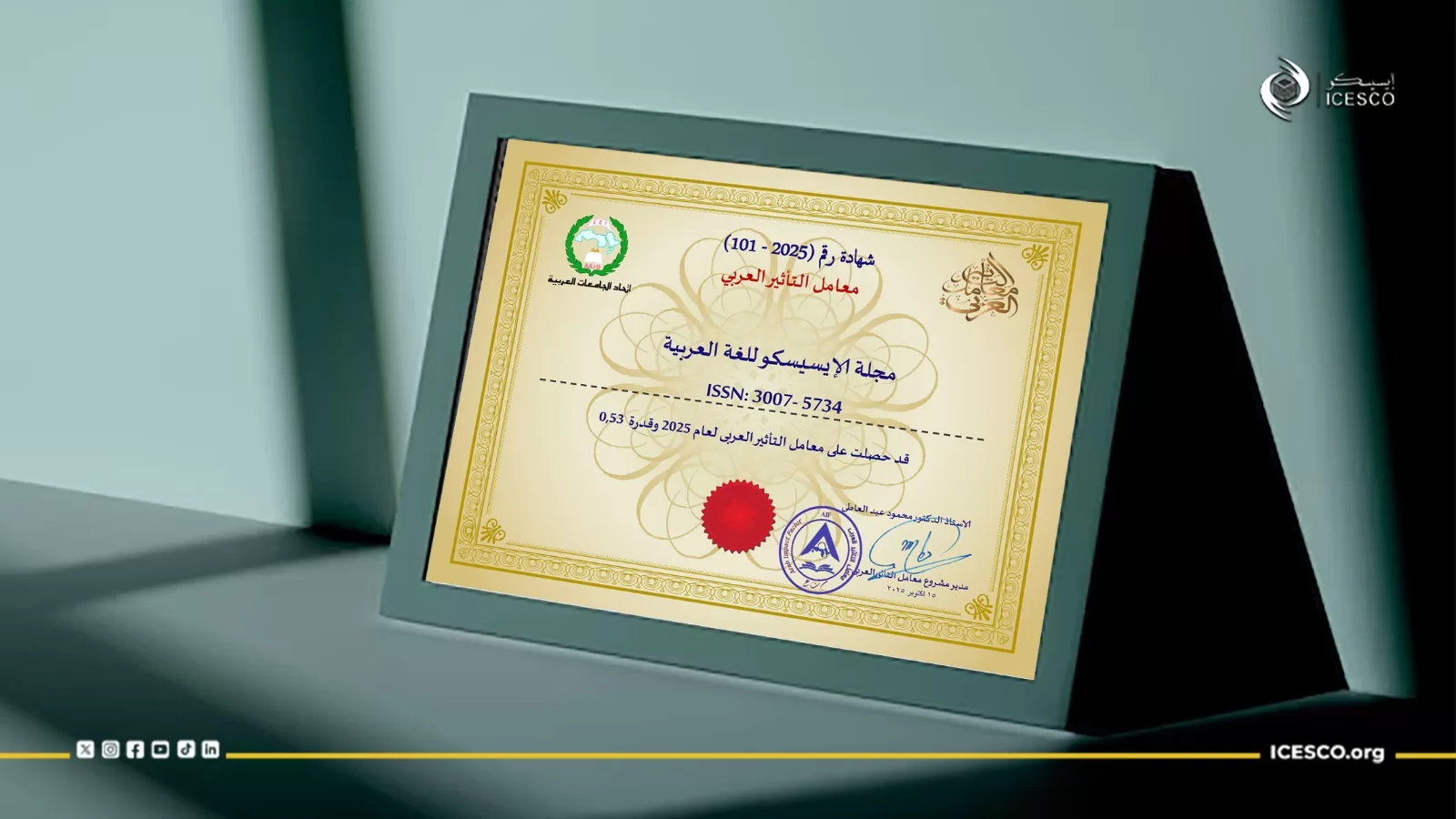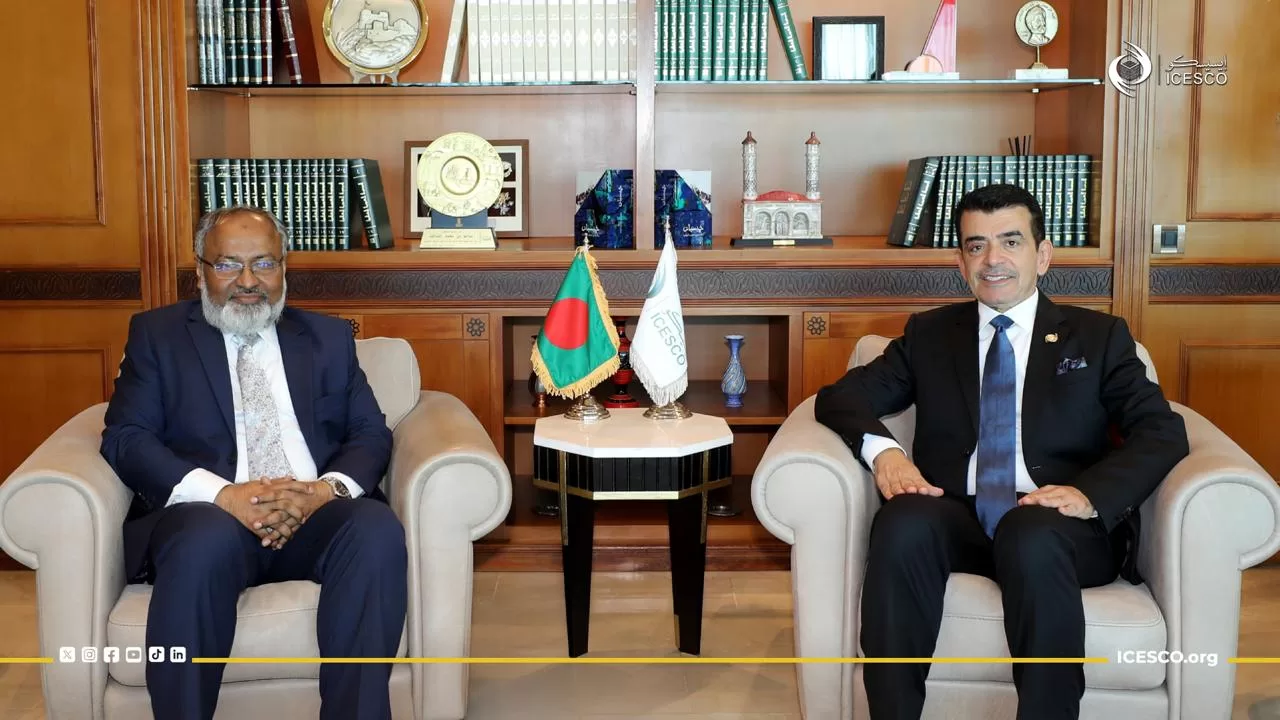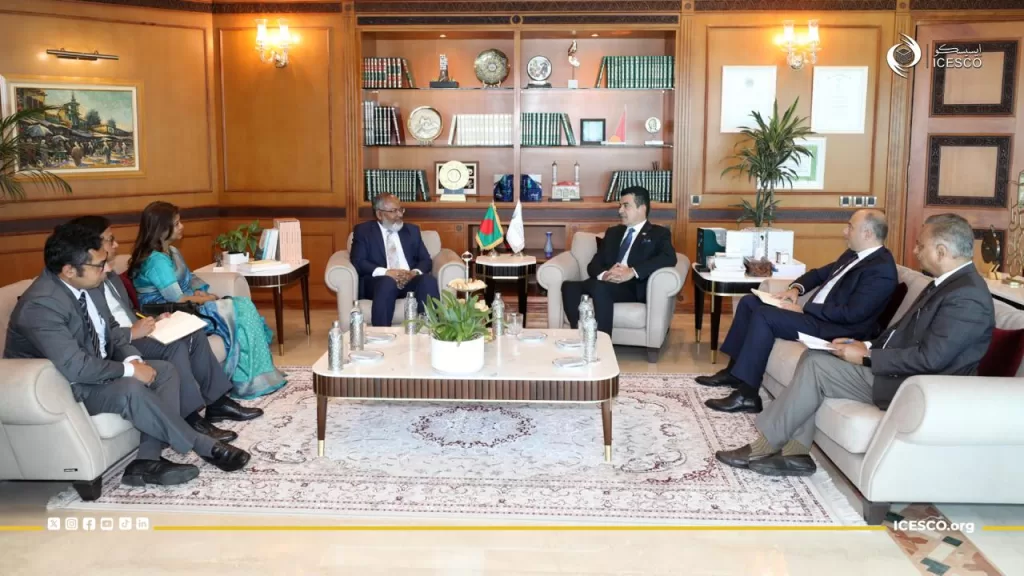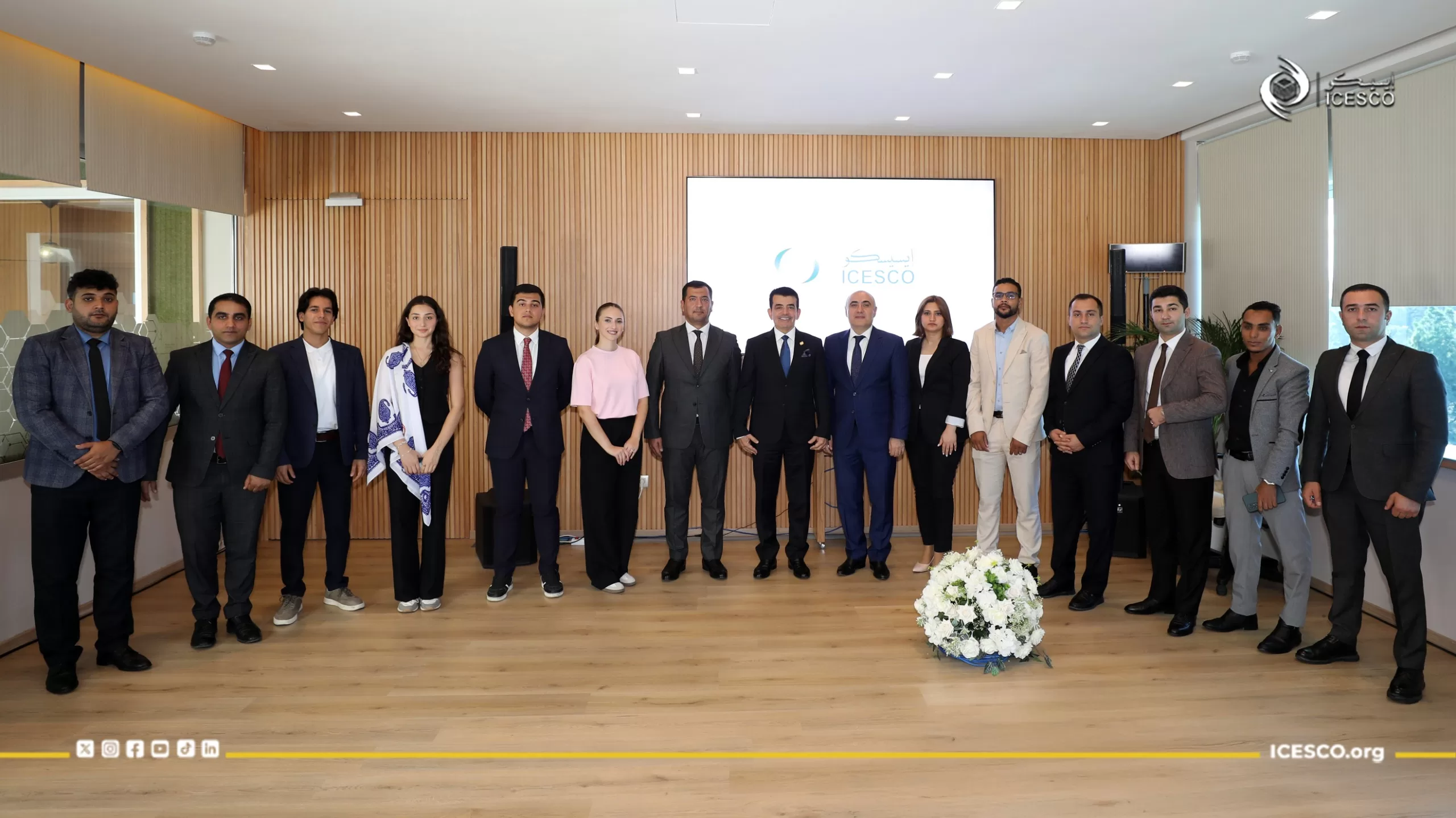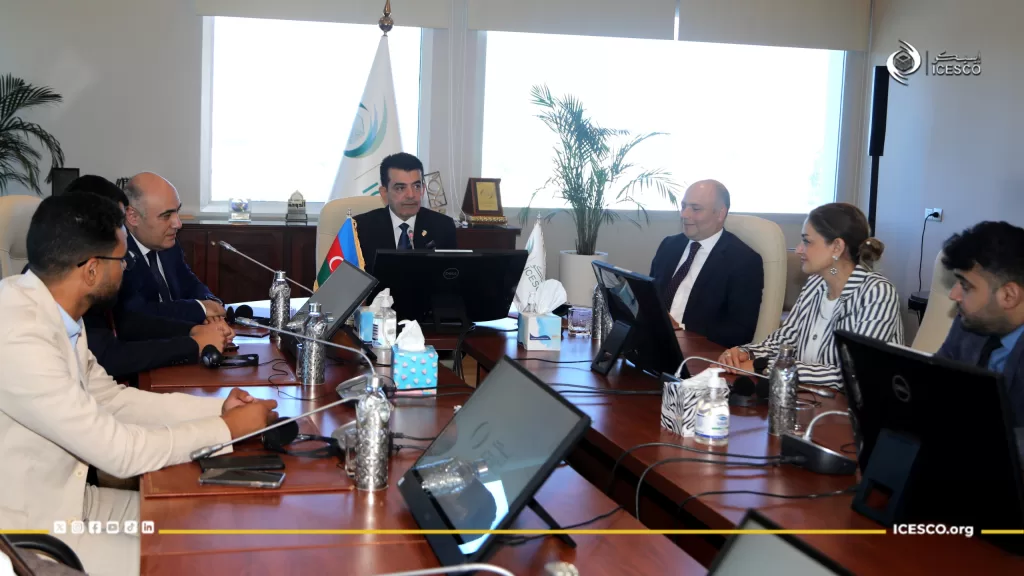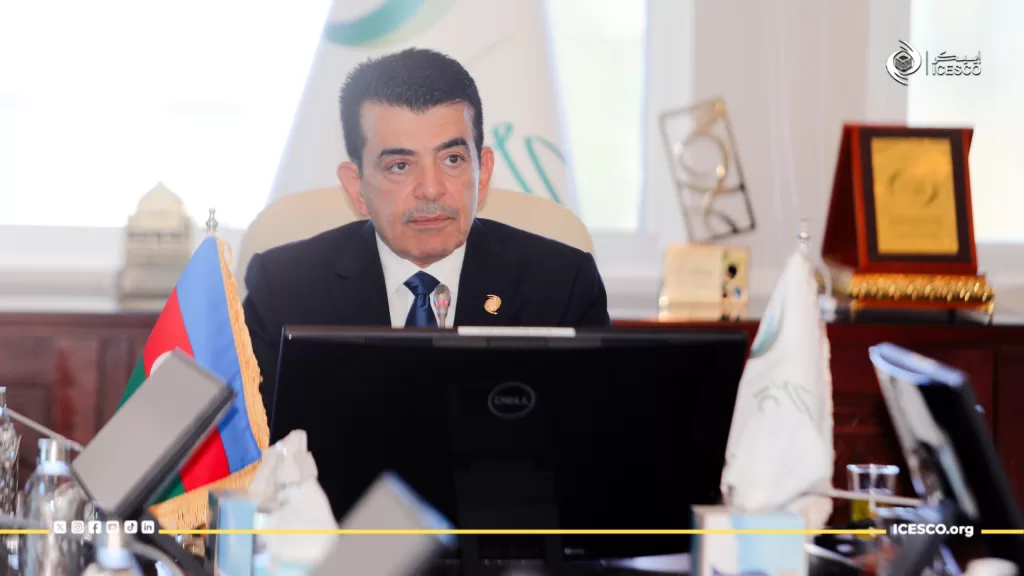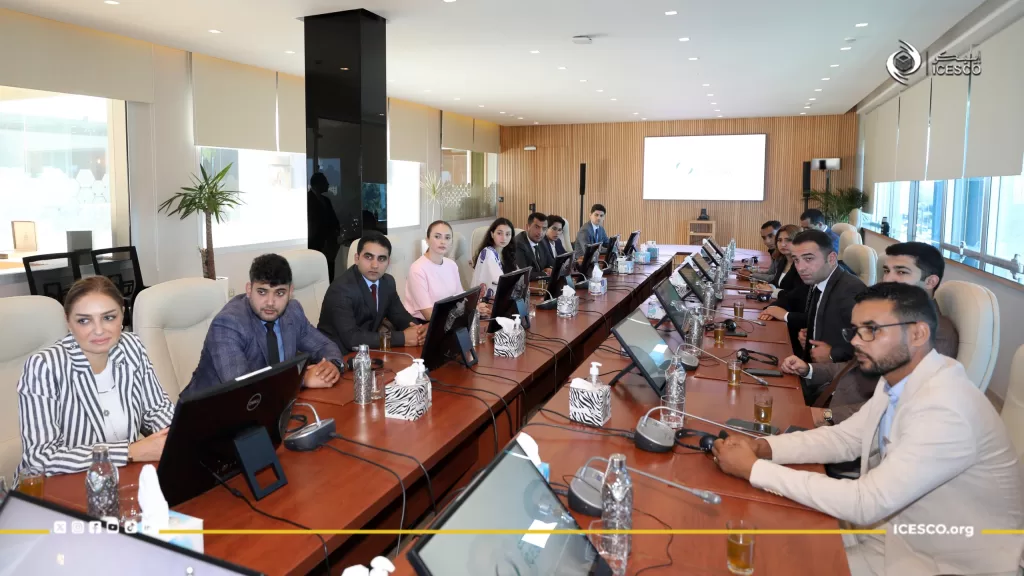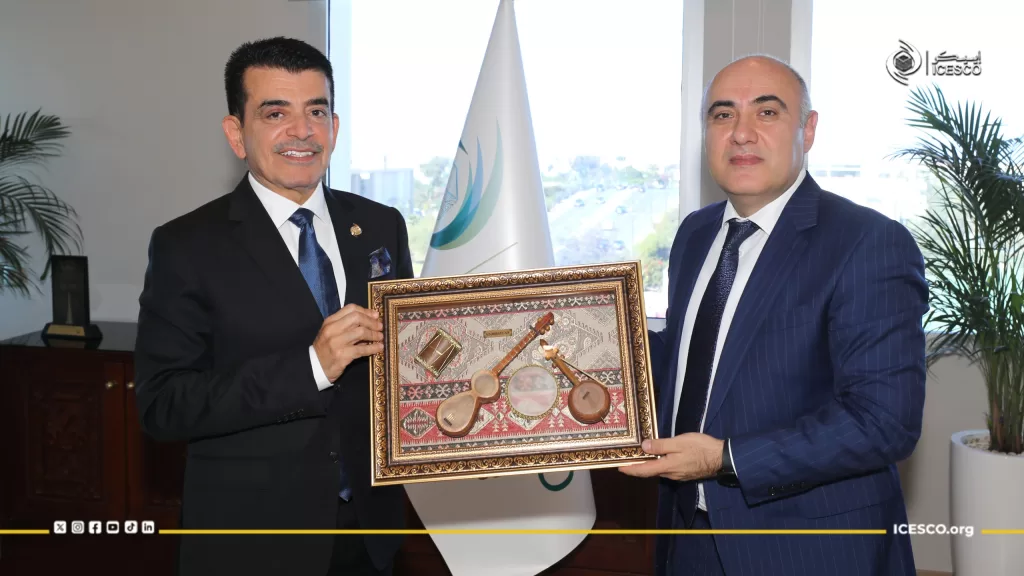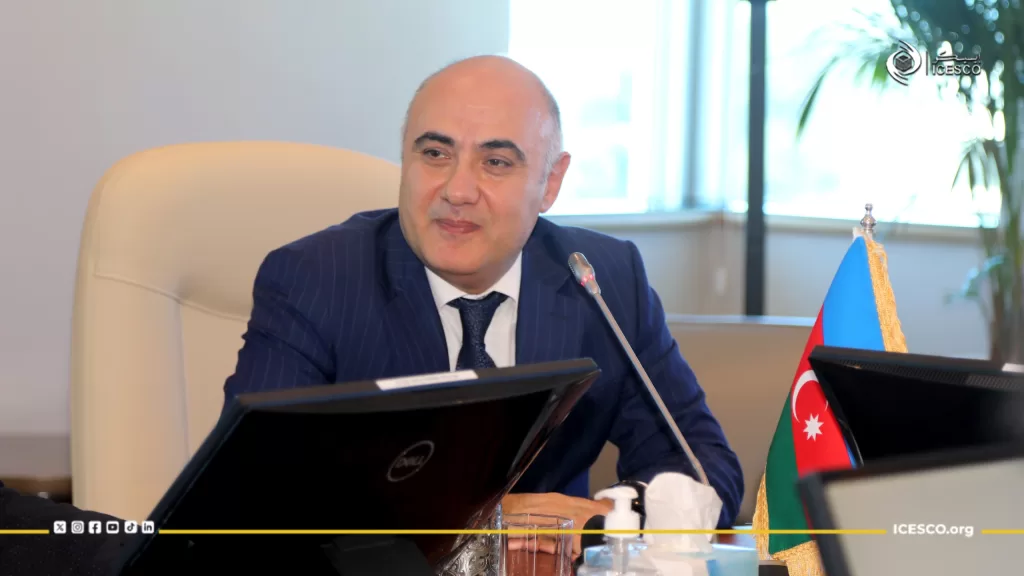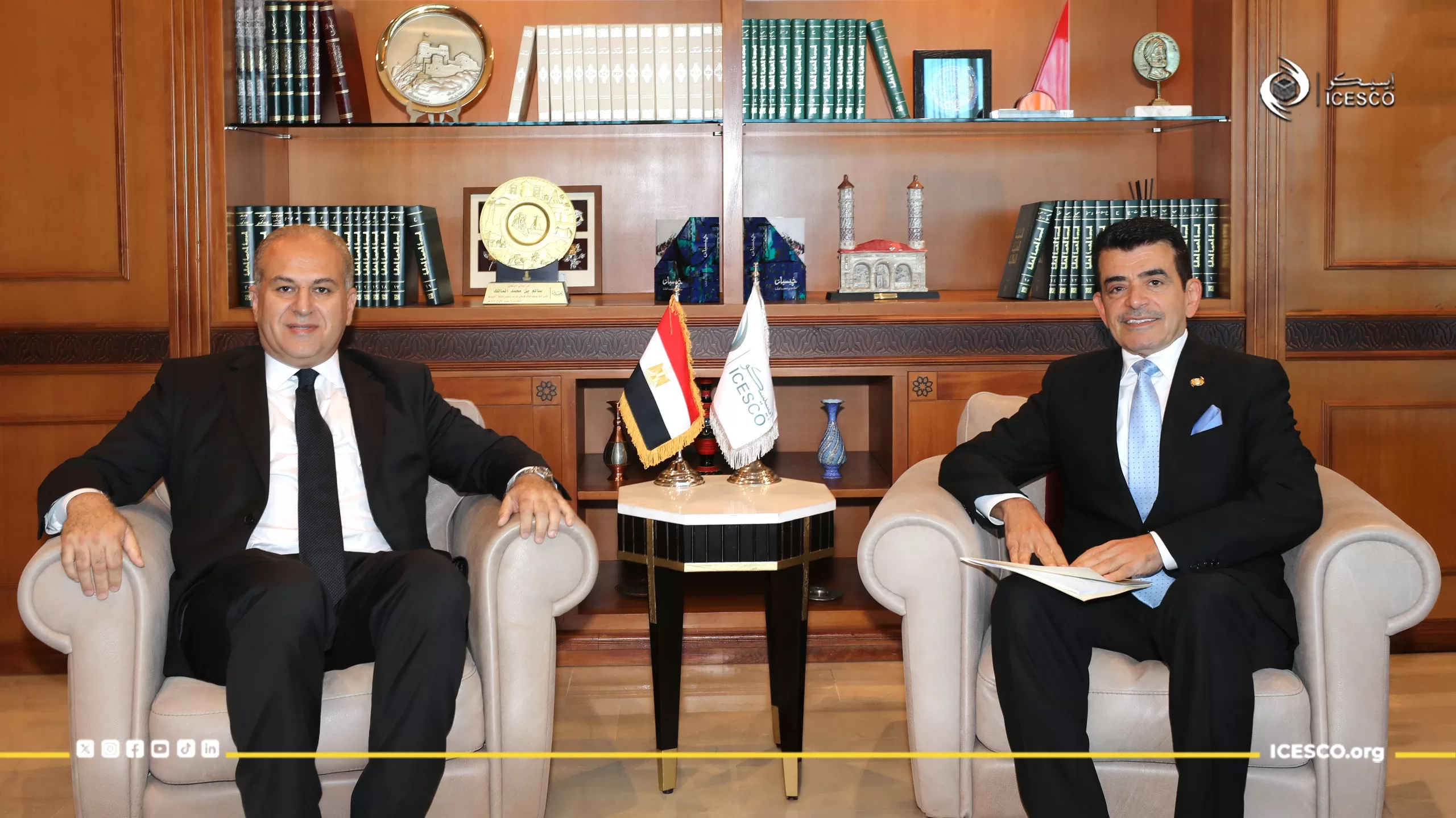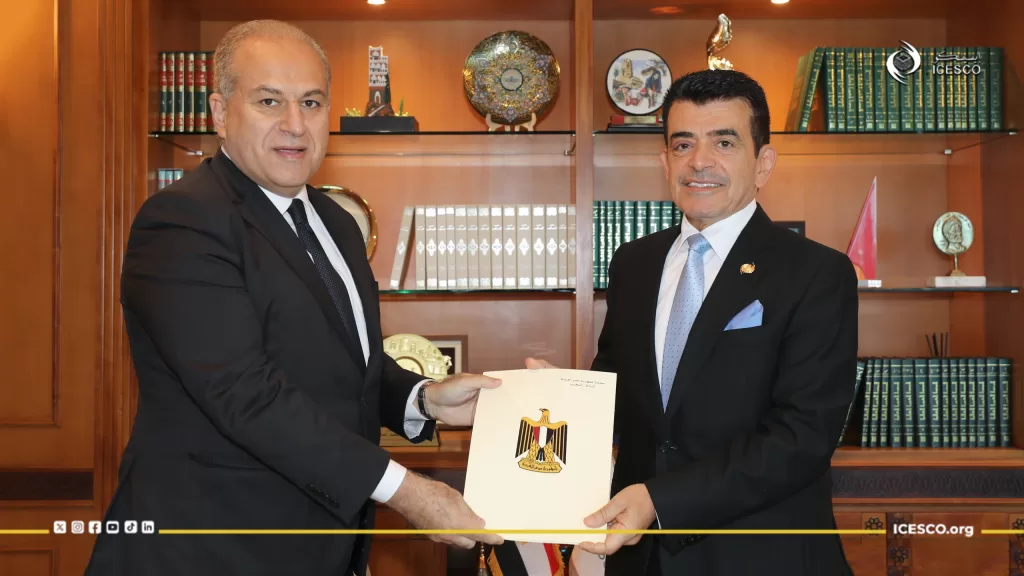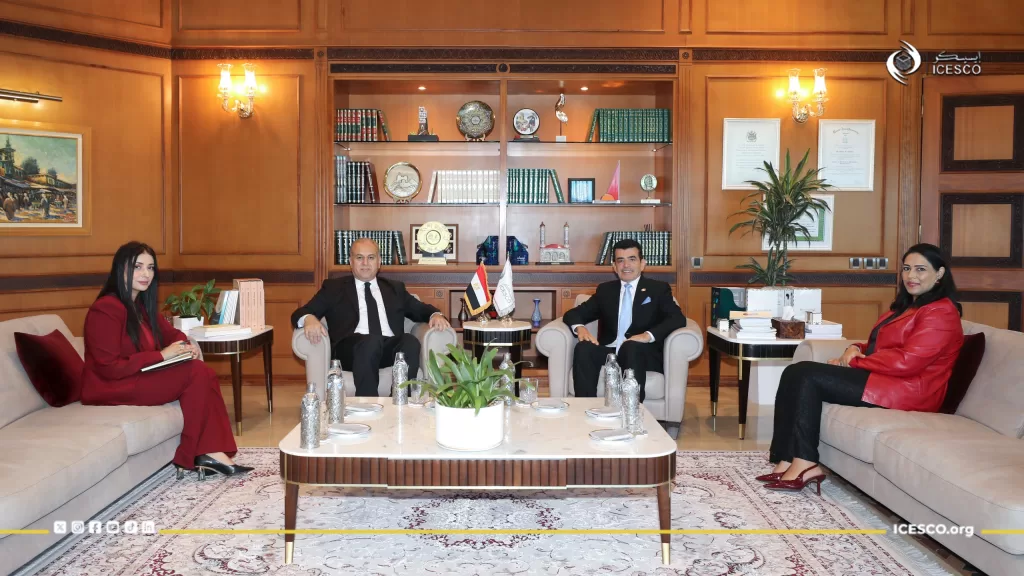The city of Kampala, Uganda, witnessed the opening of the International Conference on “Food Systems Transformation for Climate Action,” organized by the Islamic World Educational, Scientific and Cultural Organization (ICESCO) over the period spanning 28-30 October 2025. The event was held in cooperation with the Committee on Scientific and Technological Cooperation of the Organization of Islamic Cooperation (COMSTECH), through its Center for Environment and Ecosystem Restoration (CFEER), and Makerere University in Uganda. The conference aimed to develop practical pathways toward building sustainable food systems that are resilient to climate change in Africa.
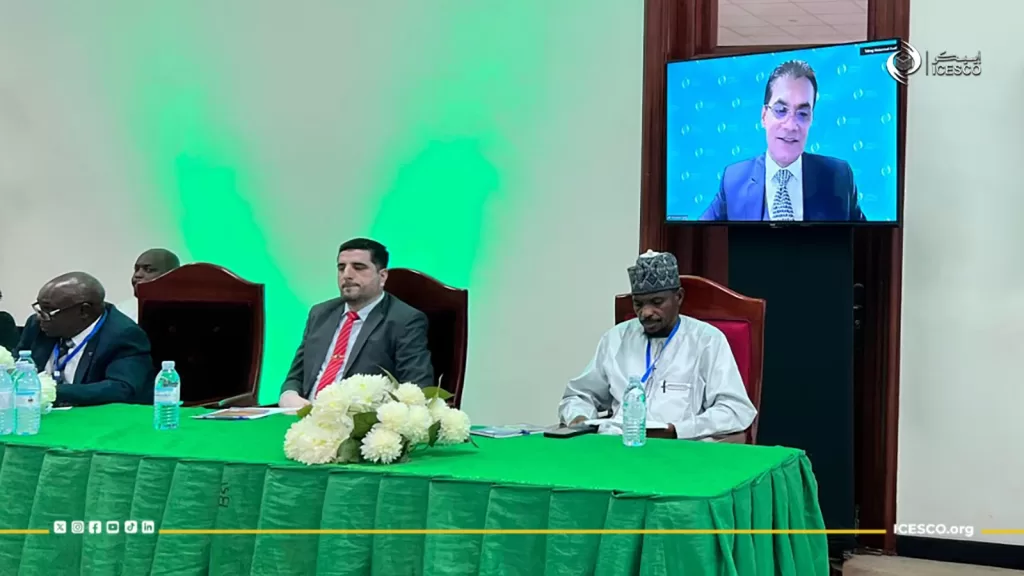
During the opening session, Dr. Muhammad Sharif, Advisor to ICESCO’s Science and Environment Sector, affirmed in his address, delivered via videoconference, the Organization’s commitment to strengthening cooperation among Member States in science, technology, and innovation. He highlighted ICESCO’s pioneering initiatives to integrate digital, space, and green technologies into agricultural transformation.
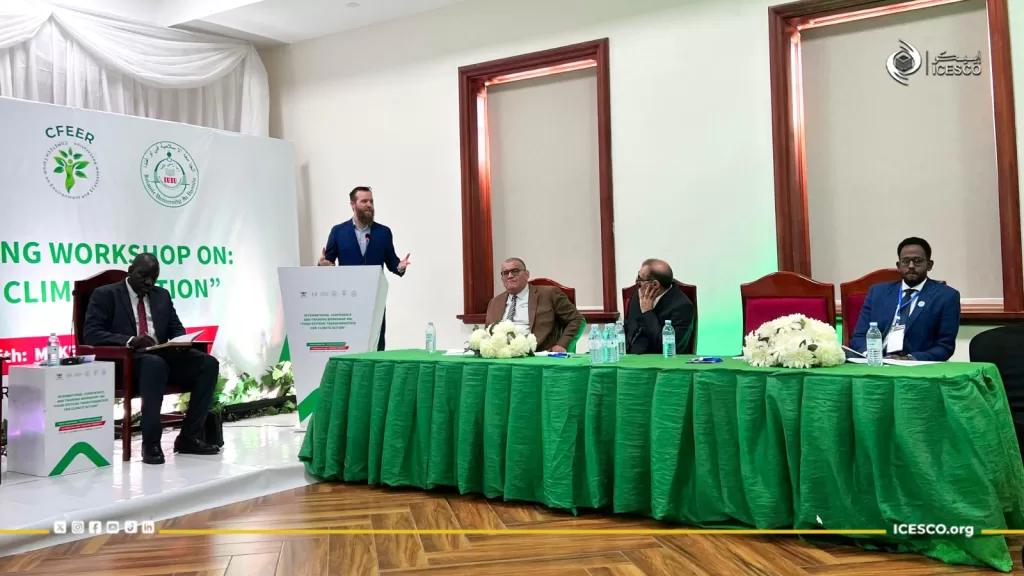
For his part, Professor Barnabas Nawangwe, Vice-Chancellor of Makerere University, emphasized the importance of sustainable agricultural practices to ensure food security and enhance resilience, underscoring the critical role of science, innovation, and higher education in achieving these goals. Dr. Rosie Agoi, Secretary-General of the Ugandan National Commission for UNESCO and ICESCO, explained that organizing this event falls within a national and regional orientation to build capacities, exchange expertise, and accelerate the integration of digital and green solutions into agricultural value chains.
The conference agenda includes sessions addressing global and regional perspectives on food security and climate change adaptation, in addition to discussions on digital agriculture and private-sector innovations to accelerate transformation in the agriculture and food sectors of the OIC Member States.
